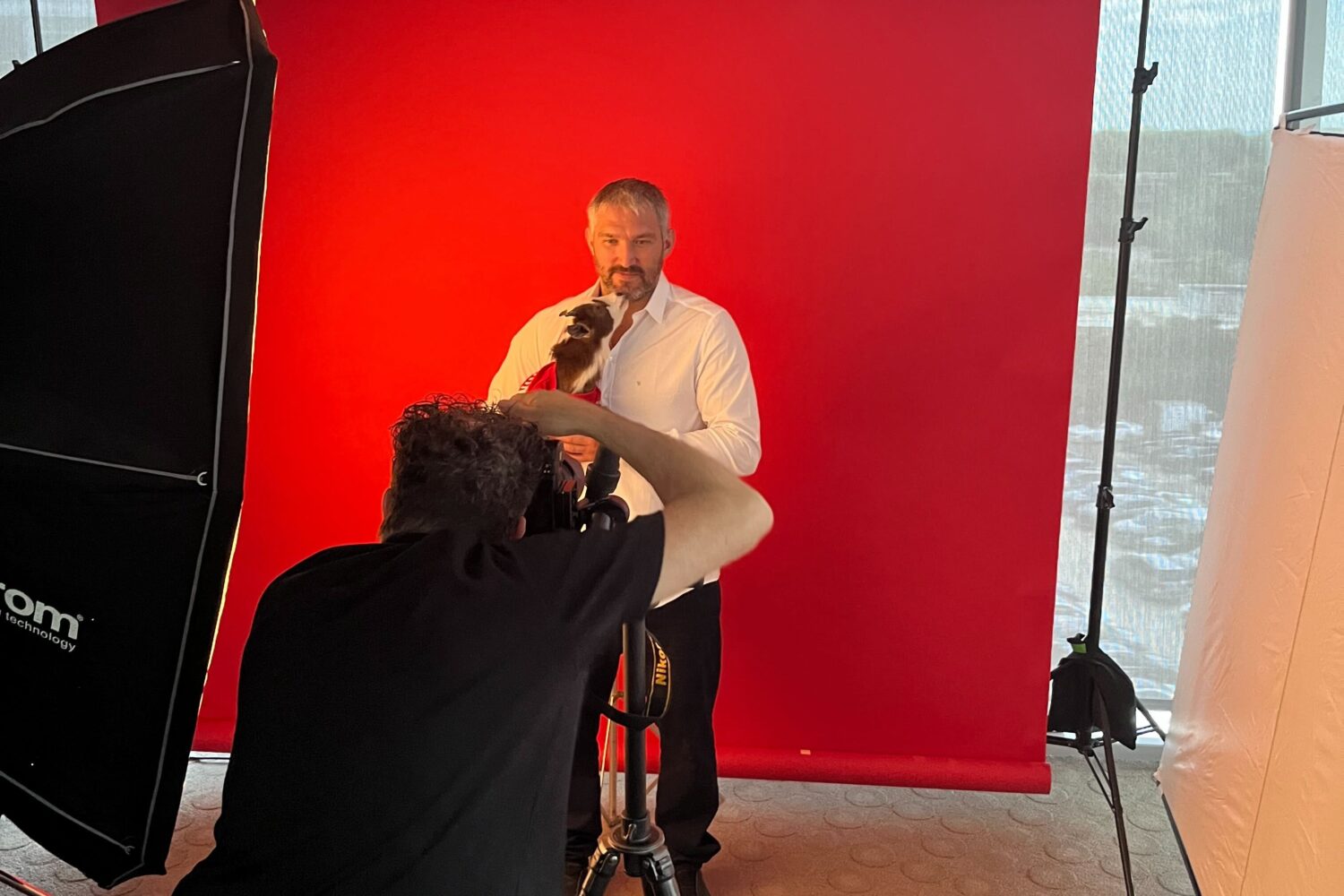Amazon recently revealed renderings of the gleaming, futuristic building that will be the centerpiece of its HQ2 complex in Crystal City. (See page 11.) The images are a reminder of just how dominant Amazon has become during the pandemic—and how much our area will benefit from that success now that the company is building its second home here.
Meanwhile, less than an hour north of the District, Baltimore is suffering from crushing economic and social malaise, with no injection of Amazon money on the way to help ease its woes. The tough realities of that kind of inequality are the subject of Fulfillment: Winning and Losing in One-Click America, a new book from ProPublica reporter Alec MacGillis, who has spent the last 20 years moving between Baltimore and Washington as a writer for the Baltimore Sun, the Washington Post, and the New Republic. “I’ve just become more and more struck by and worried about the growing gap between these two cities that are just 40 miles apart but increasingly occupying completely different universes,” says MacGillis, who currently lives in Baltimore.
The book tells that tale through the lens of Amazon, though it’s “not about Amazon per se,” MacGillis says, “but about sort of everything in the shadow of Amazon.” That includes winner-take-all areas like Seattle and the DC region as well as “left-behind” places too battered to be serious contenders during the company’s 2018 search for a second headquarters, such as Dayton, where MacGillis explores one family’s extended tumble out of security.
Amazon’s focus on Washington gets special attention throughout the book. While the company could have used its HQ2 selection to help a distressed area, MacGillis writes about how it chose proximity to power instead. That decision coincided with founder Jeff Bezos’s own efforts to insinuate himself into DC life: buying the Washington Post and the biggest house in town and, “in a sense, turning himself into the new Katharine Graham,” MacGillis says. (Bezos recently announced that he’ll step away from his job as Amazon’s CEO.)
Though Fulfillment doesn’t make an argument about how to fix this spiraling inequality, MacGillis says its “implicit conclusion” is that the US must use tools such as antitrust laws to stanch the tech-company tactics that pull revenue ever more away from America’s local businesses. “If you want to address the concentration of wealth in certain places,” he explains, “you have to address the concentration of wealth in certain companies.”













